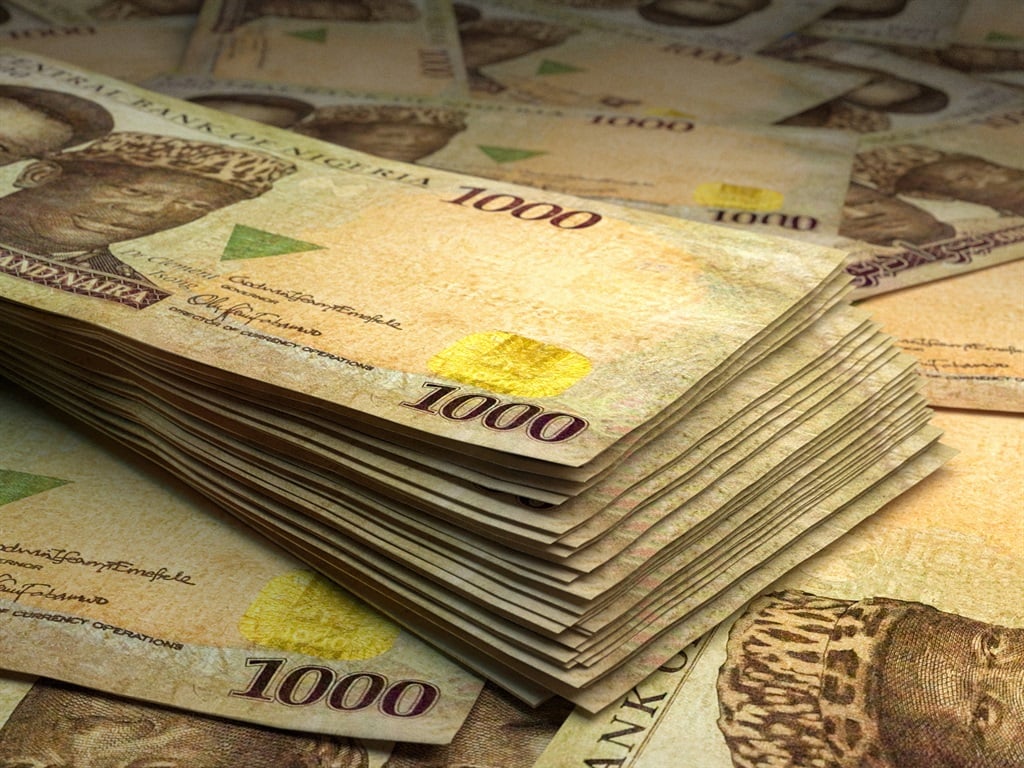Nigeria’s central bank will start circulating newly designed 200, 500 and 1,000 naira notes on Thursday and people will have until Jan. 31 to get rid of their old notes, which will no longer be legal tender after that date.
The bank has said it aims to reduce the amount of cash in circulation in order to better control liquidity, curb inflation and move towards a cashless economy.
What is the plan?
Those with bank accounts are required to bring their old banknotes to a bank branch before Jan. 31 and will have the corresponding amount credited to their accounts.
Millions of Nigerians who do not have bank accounts, especially in rural areas, can exchange their old notes for new ones at banking agents.
Why do it?
Almost 85% of the 3.23 trillion naira ($7.18 billion) in cash in circulation is now held outside of banks.
To achieve its aim of reducing liquidity, the central bank will limit weekly cash withdrawals for bank account holders at 100,000 naira from January onwards.
Another stated goal of the changeover is to reduce fraud as the central bank says the new notes’ security features will make them harder to counterfeit.
Some commentators have said the central bank was also hoping the plan would bolster its digital currency. The eNaira, launched last year, has so far fallen well short of its target of 8 million users, with the latest data from August, showing fewer than 1 million people had downloaded the eNaira app.
How are the changes being received?
Many Nigerians have complained the Jan. 31 deadline was too tight for those living in rural areas or working in informal markets.
Politically, the plan comes at a sensitive time, with elections for president, National Assembly seats, state governors and local authorities due in February and March.
Politicians, who typically use hard to trace cash for campaign handouts, have denounced the plan as too draconian.
What could go wrong?
A majority of 200 million Nigerians live in rural areas and most of them do not have bank accounts.
Exactly how many do is unknown. There are 133.5 million active bank accounts in Nigeria, central bank data shows, but only 53 million of them are linked to a biometric system that identifies holders and aims to curb illegal transactions.
A dearth of electricity, patchy telecoms coverage and rampant crime make it difficult for banks to expand in rural areas, which analysts say is a major hurdle to achieving a cashless economy.
Witch cash accounting for only 6% of Nigeria’s total money supply of 50 trillion naira, analysts also doubt the operation would help the central bank’s stated goal of getting a grip on money supply and inflation.
What does this mean for ransom payments?
Kidnappings for ransom are a major problem in Nigeria, particularly in the northwest where armed gangs have abducted hundreds of children from their schools.
The National Assembly earlier this year criminalised ransom payments but they have continued unabated as relatives do everything they can to free their loved ones.
The central bank’s plan could make it harder for relatives to obtain enough new notes to pay ransoms, while rendering hoards of cash held by the gangs useless. The consequences are hard to gauge.
($1 = 450.0000 naira) (Additional reporting by Chijioke Ohuocha; Editing by Estelle Shirbon and Tomasz Janowski)



